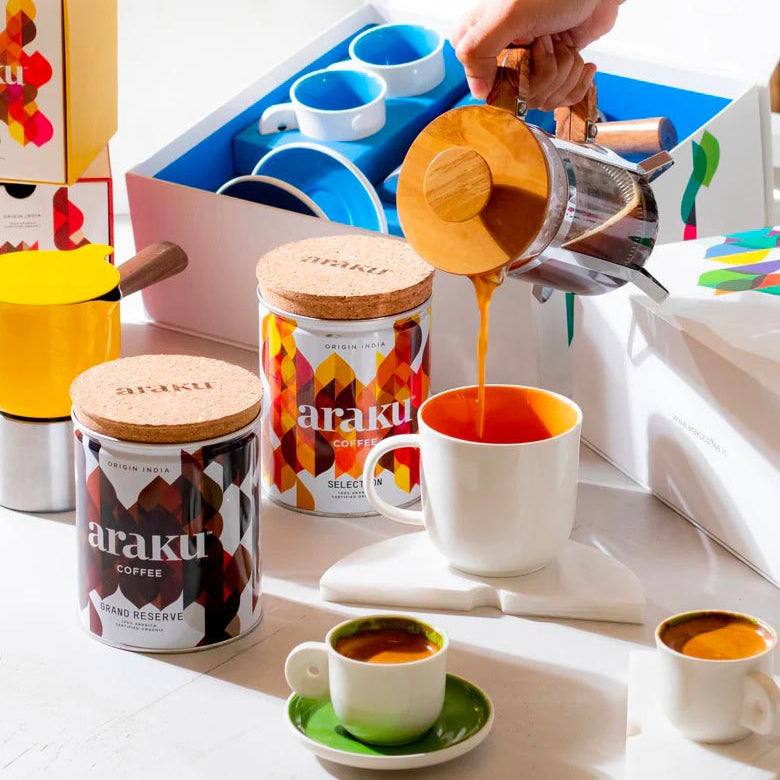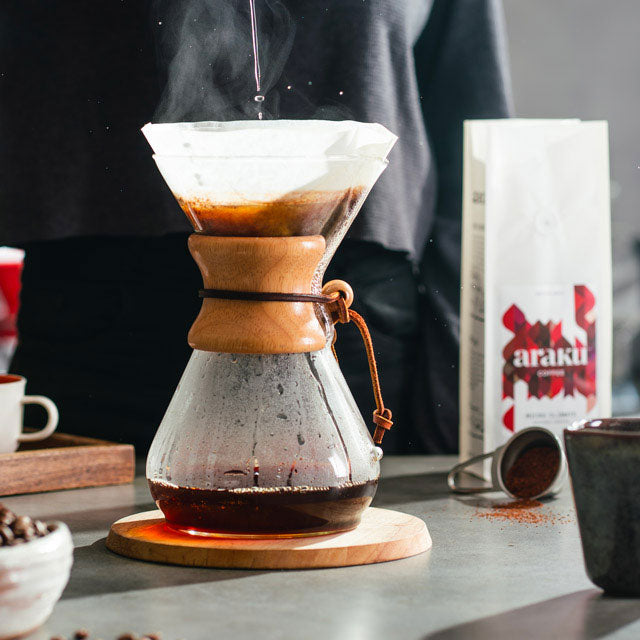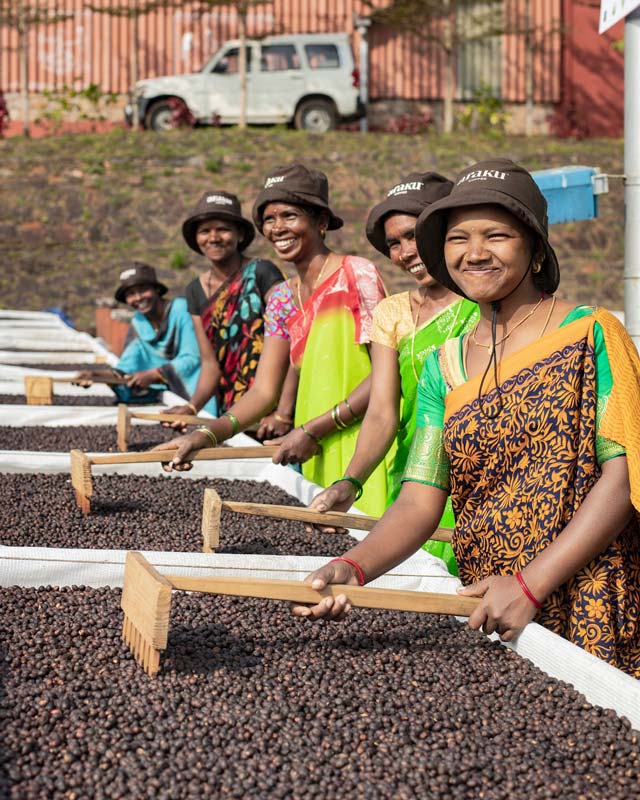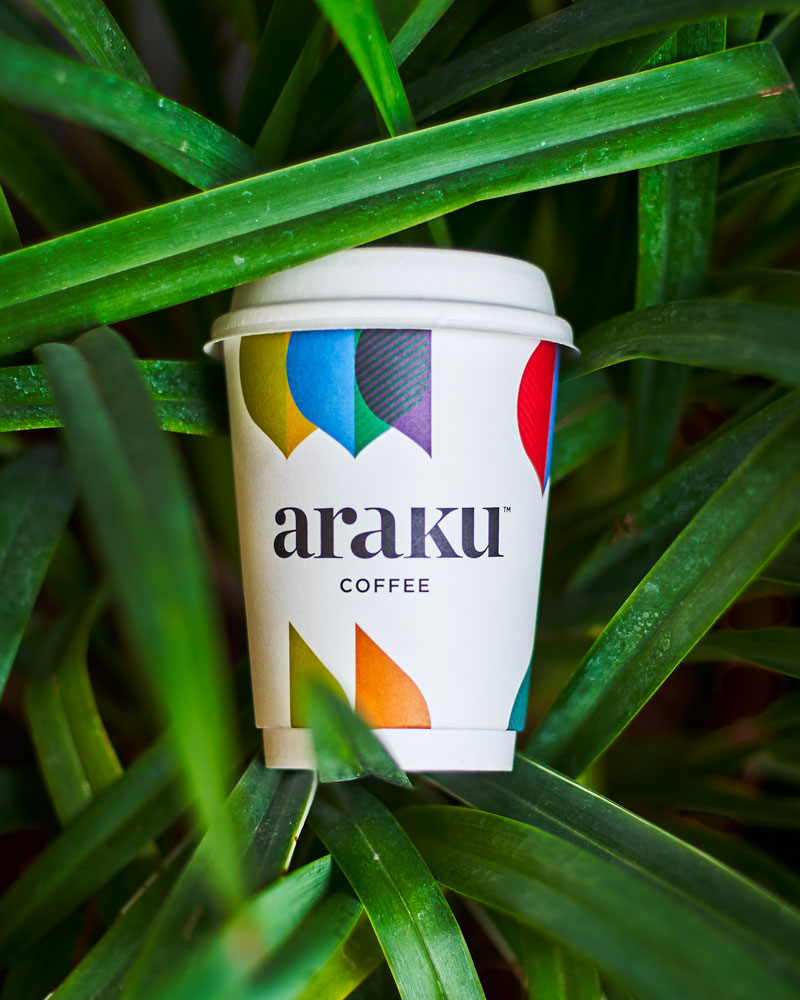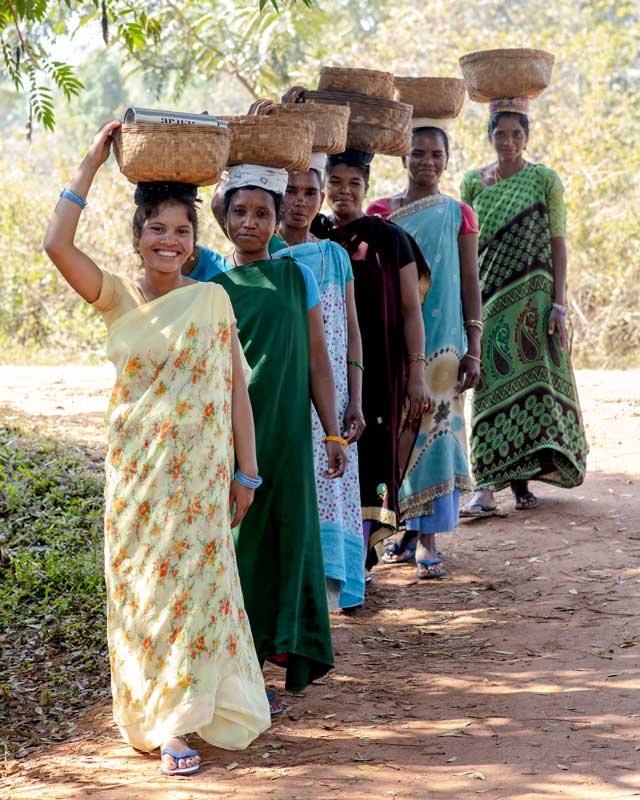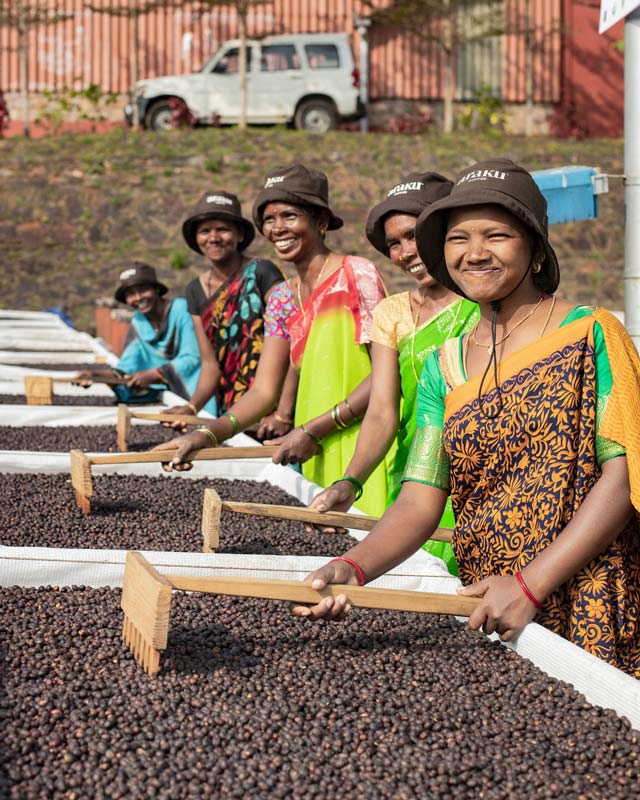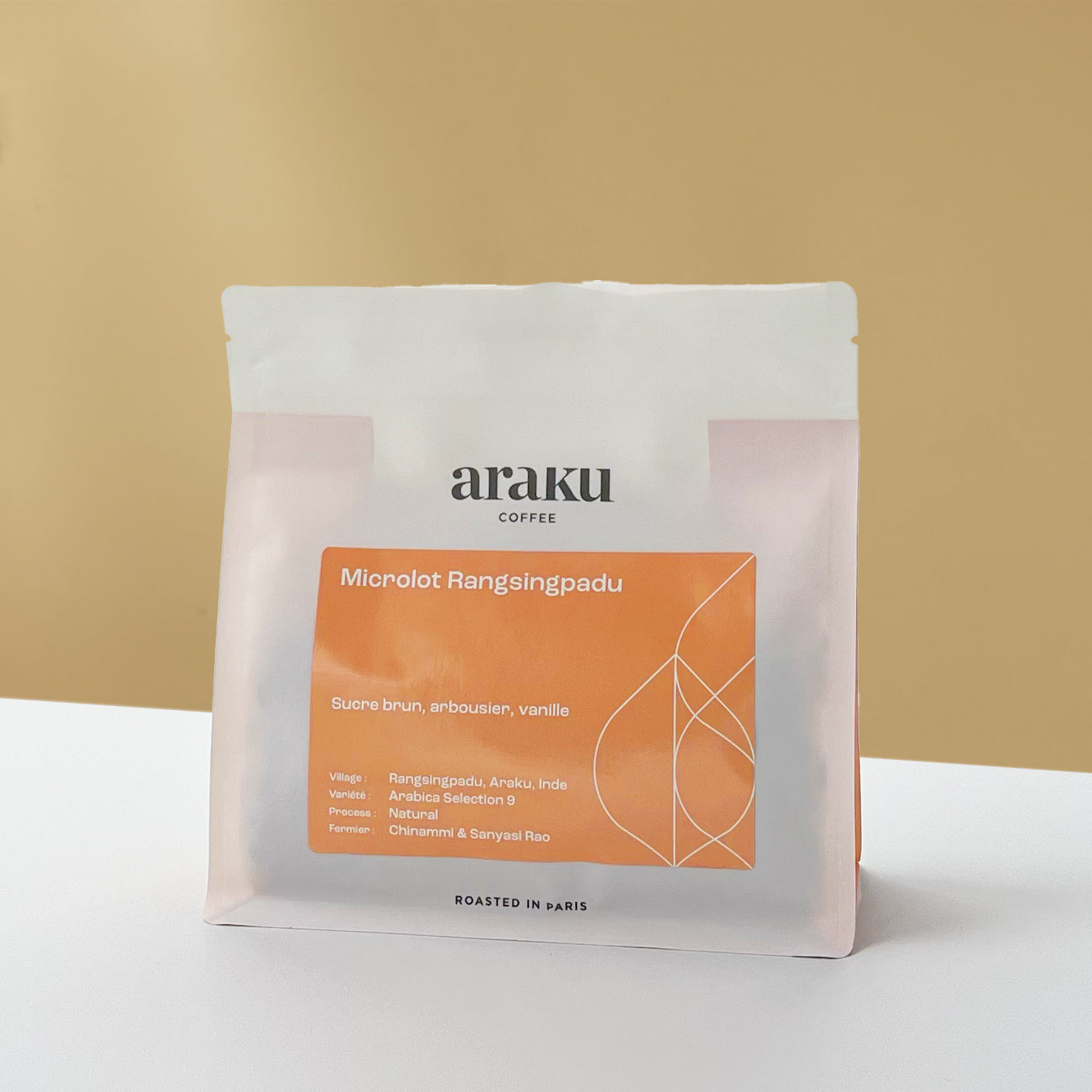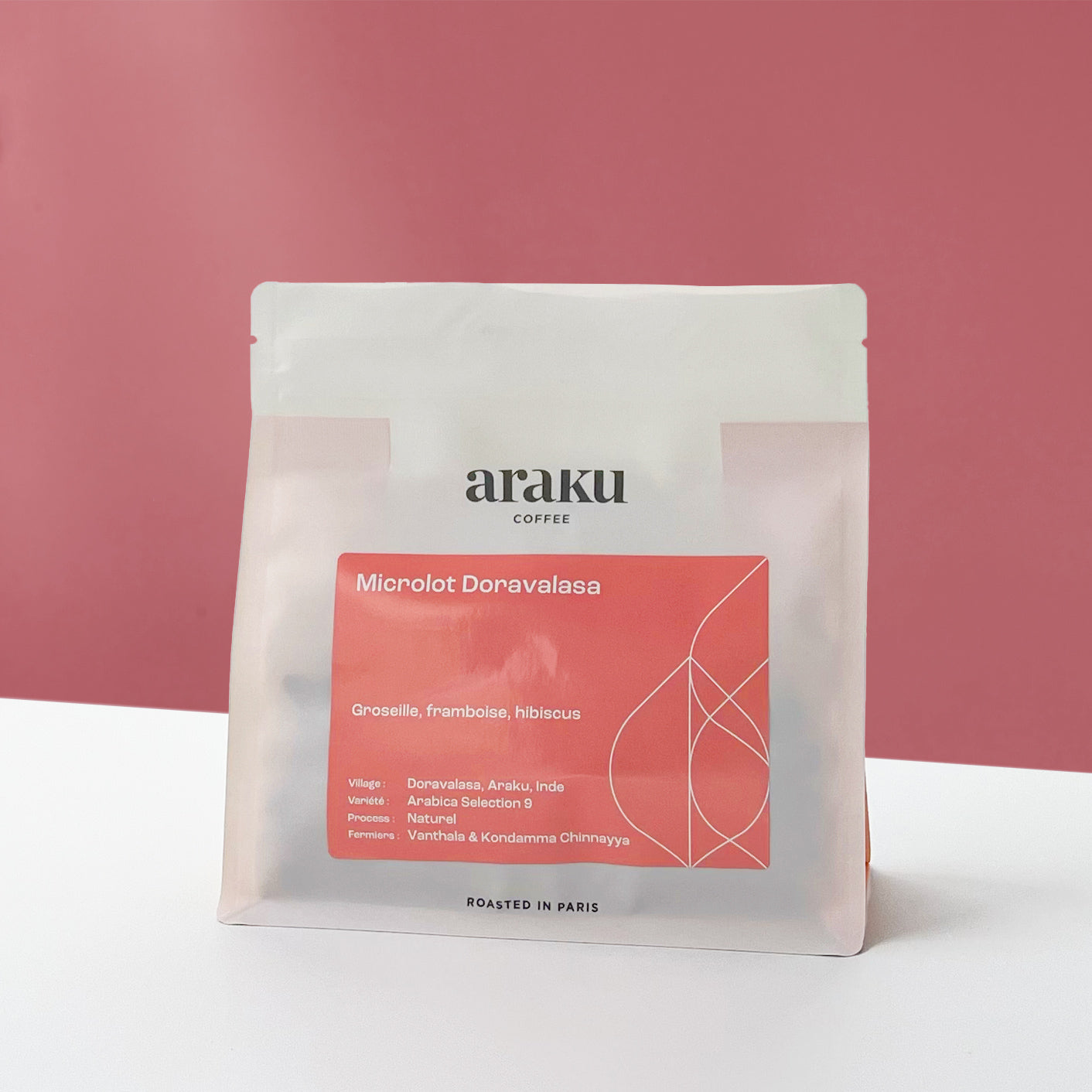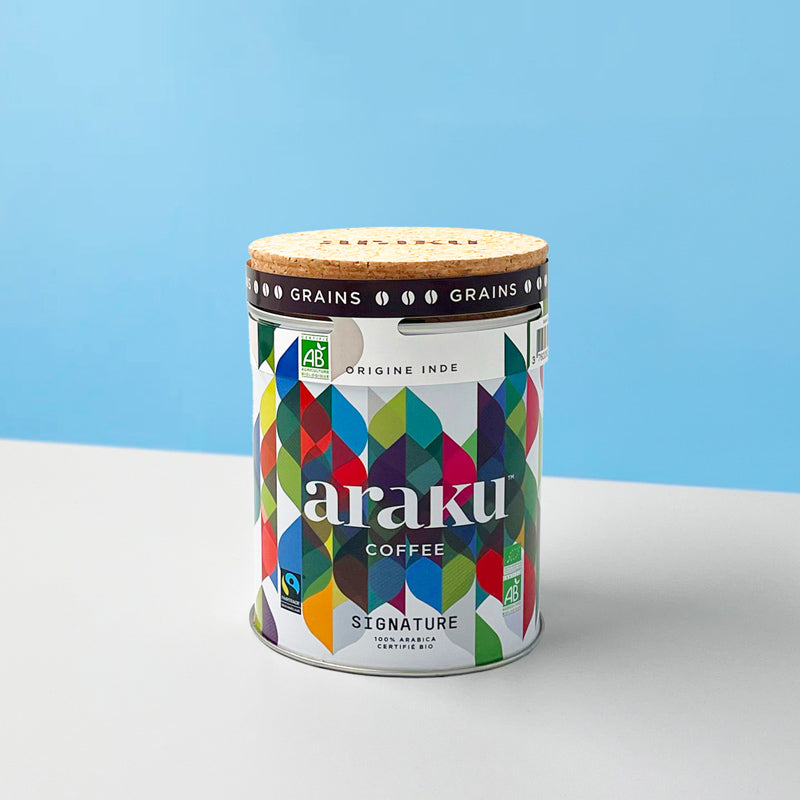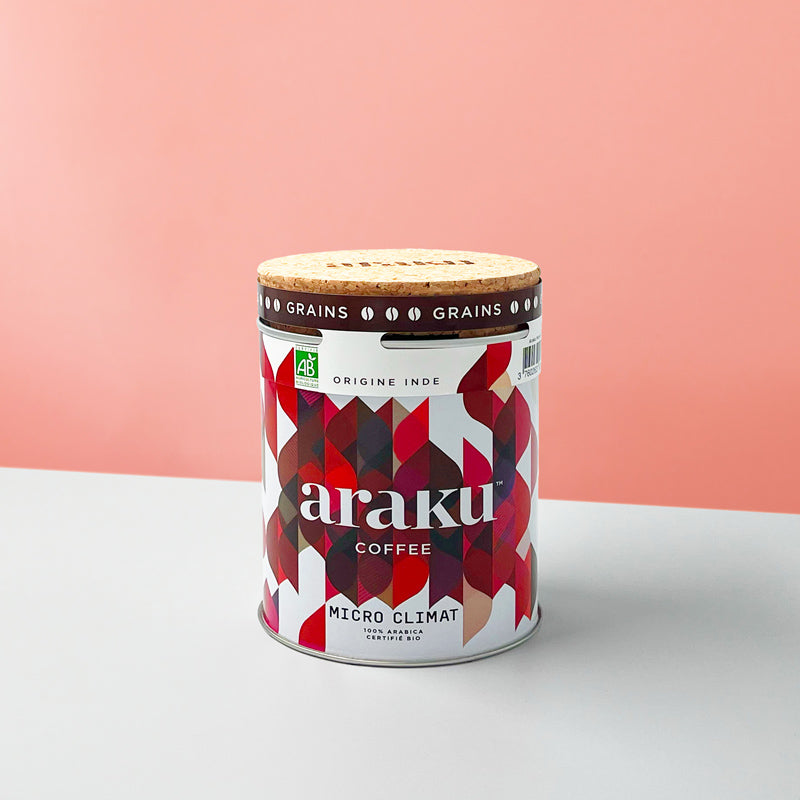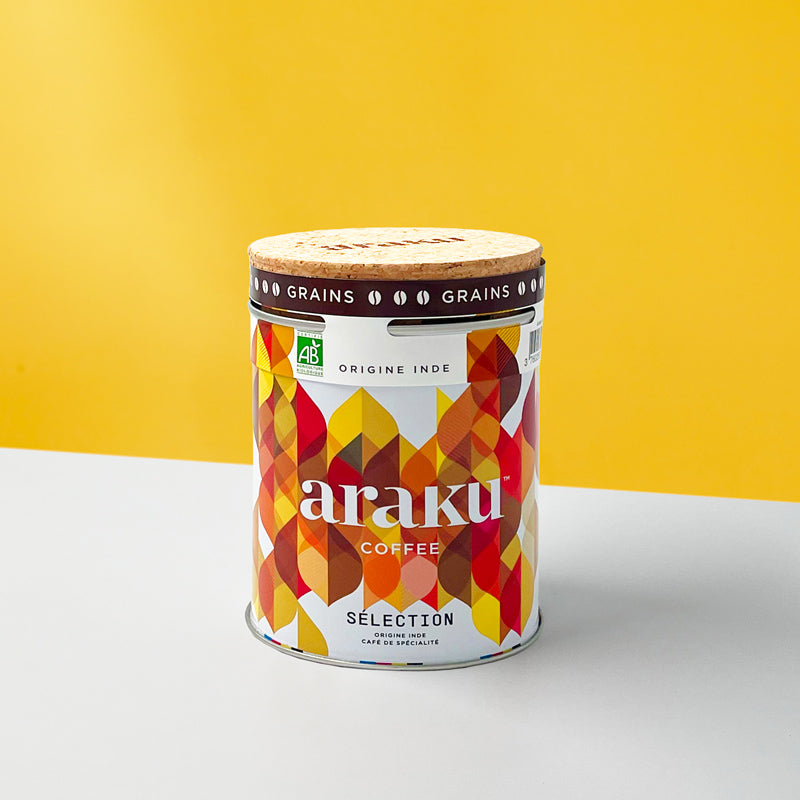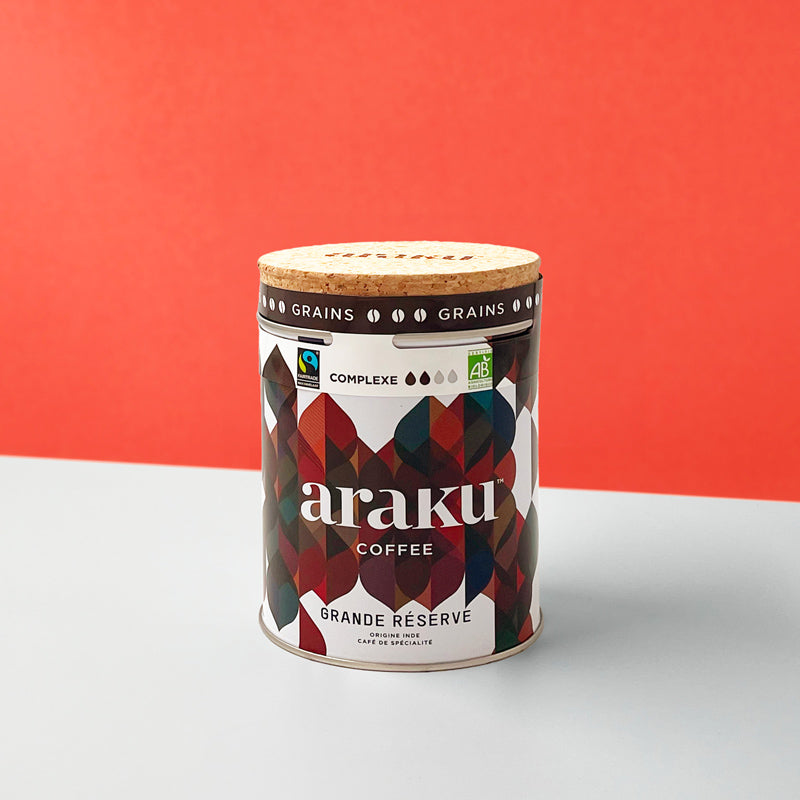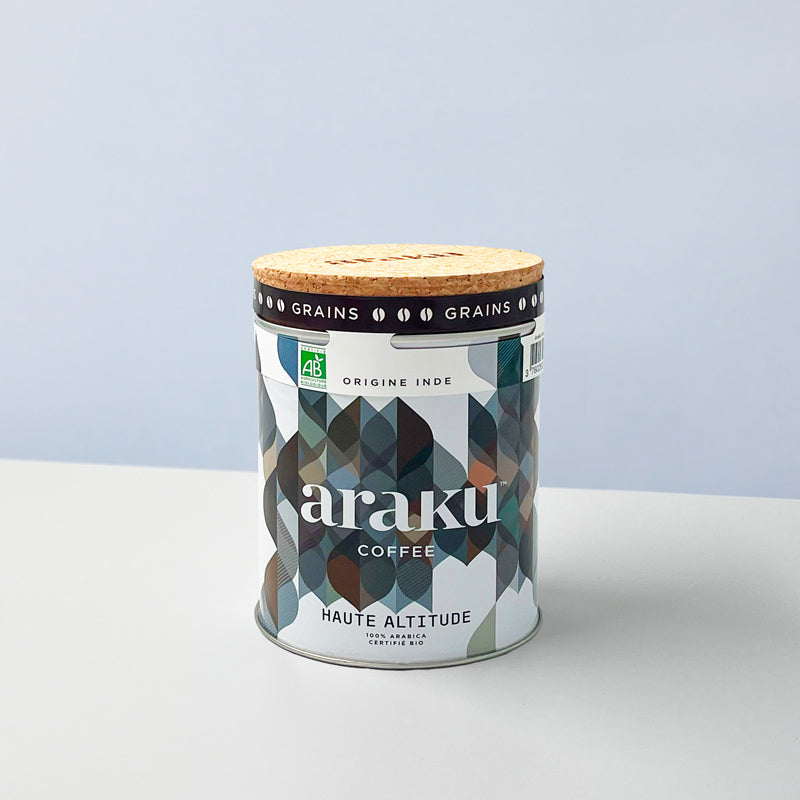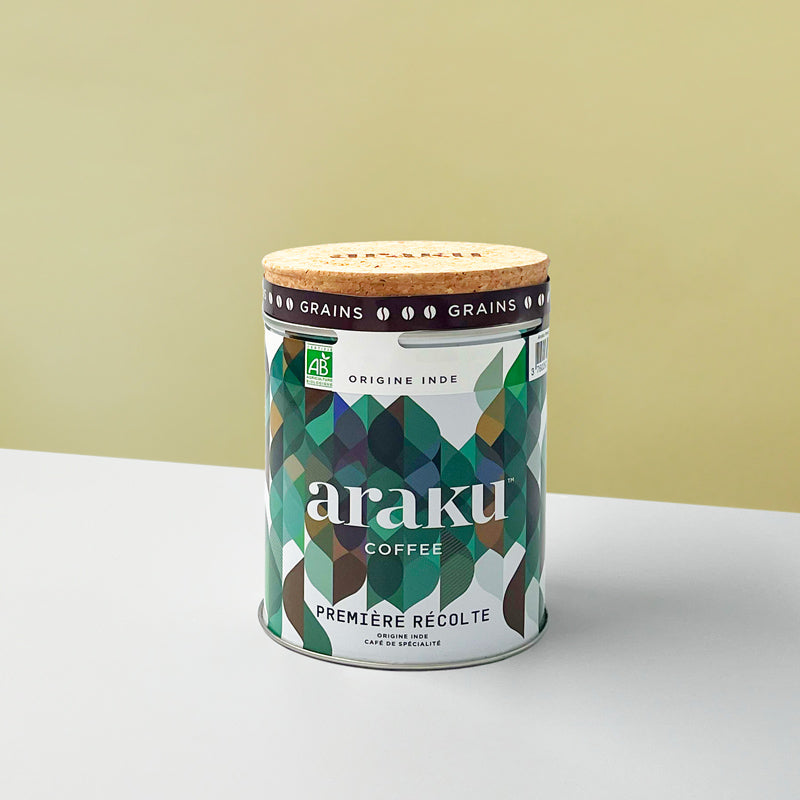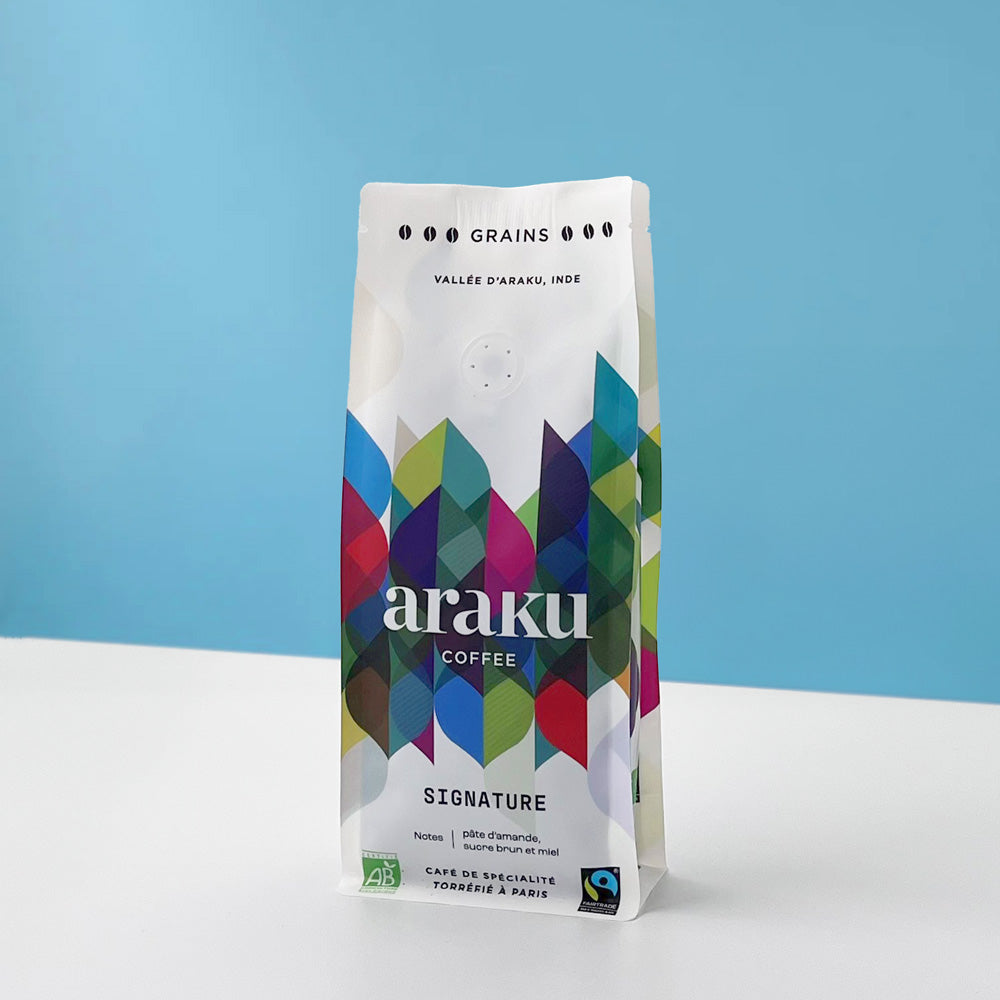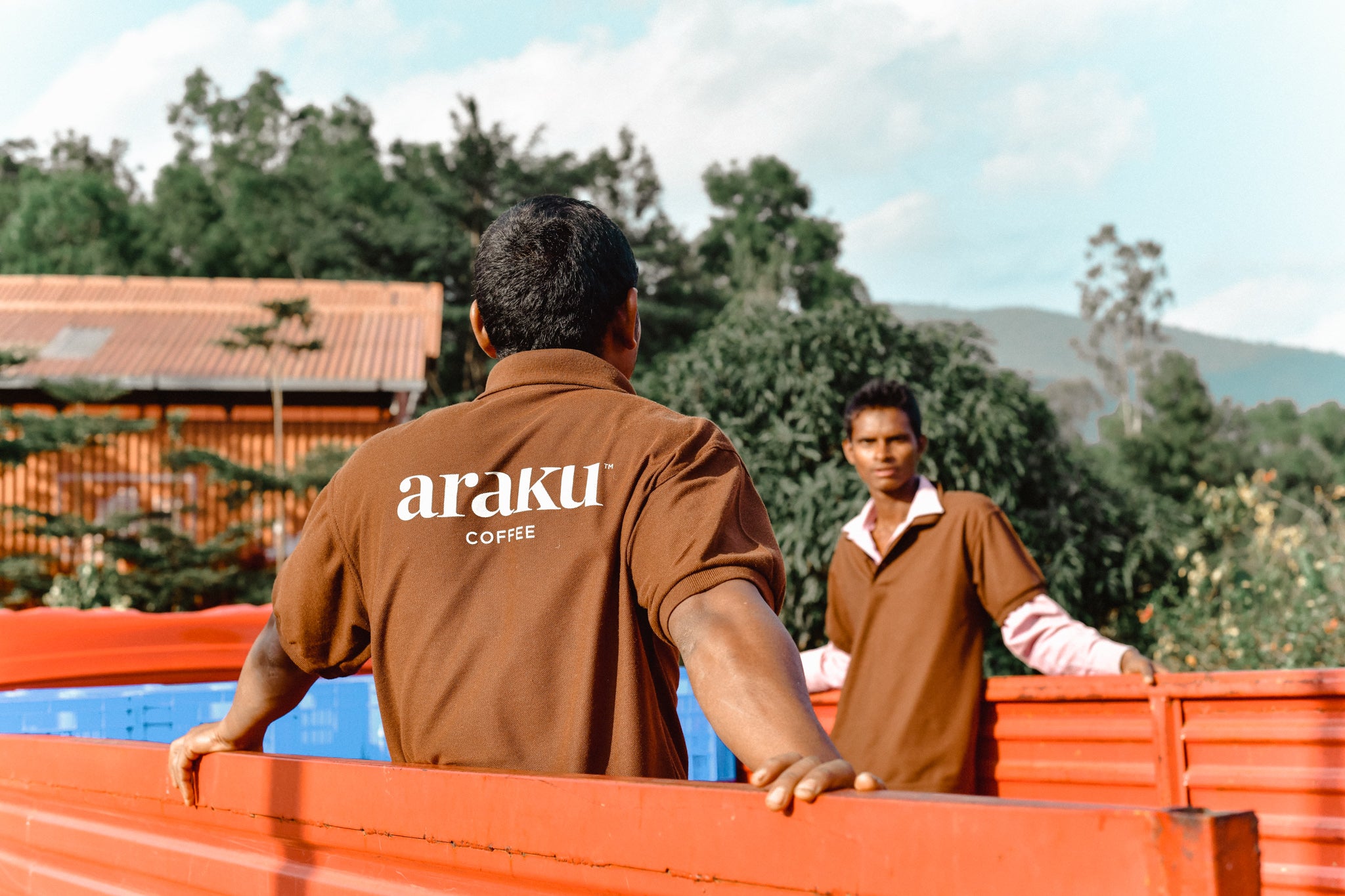Fair trade coffee VS organic coffee: small point of definition
To clearly differentiate fair trade coffee from organic coffee, you must already know what we are talking about. Let's take the first. In essence, fair trade coffee is coffee grown by ensuring fair working conditions and fair wages for coffee producers. With fair trade coffee, the producer is not just a simple link in the chain, his know-how and the quality of his product are valued according to very specific ethics. Fair trade organizations commit to paying a fair price for coffee beans , often well above market prices. Agricultural communities are supported, accompanied and can aspire to better living conditions. The sustainability of fair trade practices is also illustrated by long-term contracts and clear and lasting partnerships between producers and buyers. To learn more about the specifics of fair trade at Araku, click here .
When it comes to organic coffee, what is the watchword? When we talk about organic coffee, we focus on describing the agricultural methods used . By definition, organic coffee is grown without pesticides, synthetic fertilizers and GMOs. Organic coffee producers are committed to preserving soil health, biodiversity and water quality by using sustainable agricultural practices such as soil rotation or agroforestry. To be sure, the consumer can consult the organic labels and certifications which provide a guarantee of conformity to established organic standards. To learn more about the specificities of organic araku coffee, click here .
Organic coffee and fair trade coffee: two complementary concepts.
As you can see, fair trade coffee focuses on social and economic fairness for coffee producers, while organic coffee focuses more on the issue of agricultural practices and the ecological impact of coffee cultivation. But it goes without saying that the amalgamation between fair trade coffee and organic coffee does not come out of nowhere, as the notions complement each other. Fair trade coffee and organic coffee defend similar values of sustainability, social and environmental responsibility. In both cases, both concepts base their hopes and commitments on the response of the consumer, increasingly sensitive to the quality of the products and the ethics behind their production.

